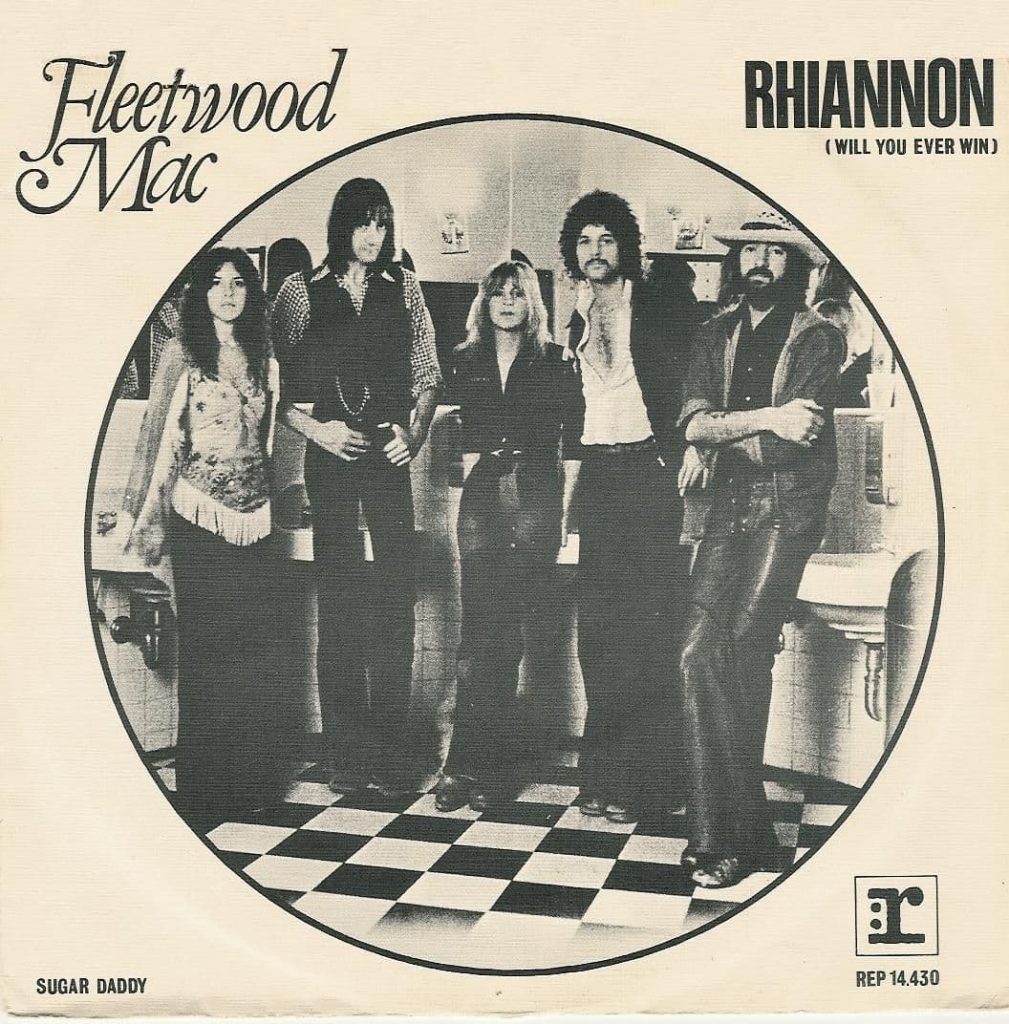
A Mystical Hymn to Freedom and Enigma
“Rhiannon” by Fleetwood Mac is a haunting and ethereal anthem that captures the imagination with its blend of mysticism, storytelling, and musical grace. Written and sung by Stevie Nicks, the song was released in 1975 as part of Fleetwood Mac’s self-titled album, their first with Nicks and Lindsey Buckingham. “Rhiannon” quickly became a standout track, climbing to No. 11 on the Billboard Hot 100 and cementing its place as one of the band’s most iconic songs. With its enigmatic lyrics and hypnotic energy, it evokes a timeless sense of mystery and liberation.
The song is inspired by the Welsh mythological figure Rhiannon, a goddess associated with horses, the moon, and dreams. Nicks reportedly discovered the name in Mary Leader’s novel Triad and was captivated by its mystique. Although the lyrics do not explicitly recount the legend, they draw on the spirit of a woman who embodies independence, power, and allure. Lines like “She rules her life like a bird in flight” and “Would you stay if she promised you heaven?” paint a vivid picture of a figure who is both unattainable and endlessly fascinating.
Musically, “Rhiannon” is a masterclass in building atmosphere. Buckingham’s crisp guitar arpeggios establish an entrancing rhythm, while Mick Fleetwood’s steady drumming and John McVie’s bassline provide an understated but powerful foundation. Nicks’ vocals glide effortlessly from delicate verses to a commanding, impassioned chorus, her voice perfectly suited to the song’s themes of enchantment and autonomy. The song’s arrangement mirrors its subject, starting with a sense of quiet mystery and swelling into a cathartic, almost otherworldly climax.
Live performances of “Rhiannon” further solidified its legendary status. Nicks often imbued the song with a theatrical flair, her flowing scarves and mystical stage presence turning each rendition into a near-spiritual experience. Her soaring, improvisational vocalizations during live versions transformed the song into a dramatic invocation, elevating its emotional and symbolic resonance.
Upon its release, “Rhiannon” resonated deeply with listeners, reflecting the cultural fascination with mysticism and self-empowerment that defined much of the 1970s. For many, the song became a personal anthem of freedom and self-discovery, speaking to the universal yearning for autonomy and the transcendence of everyday constraints.
As one of Fleetwood Mac’s signature songs, “Rhiannon” also marked a turning point in their career. The addition of Nicks and Buckingham to the lineup infused the band with a creative synergy that propelled them to unprecedented success. The self-titled album that housed “Rhiannon” became a massive hit, setting the stage for the cultural phenomenon of Rumours two years later.
Decades later, “Rhiannon” continues to captivate new generations of fans. Its enduring appeal lies not only in its hypnotic melody and poetic lyrics but also in its ability to evoke a sense of magic and empowerment. It’s a song that transports listeners to another realm while grounding them in the universal human desire for freedom and connection. For anyone seeking a piece of music that embodies both the ethereal and the deeply personal, “Rhiannon” remains an unparalleled masterpiece.